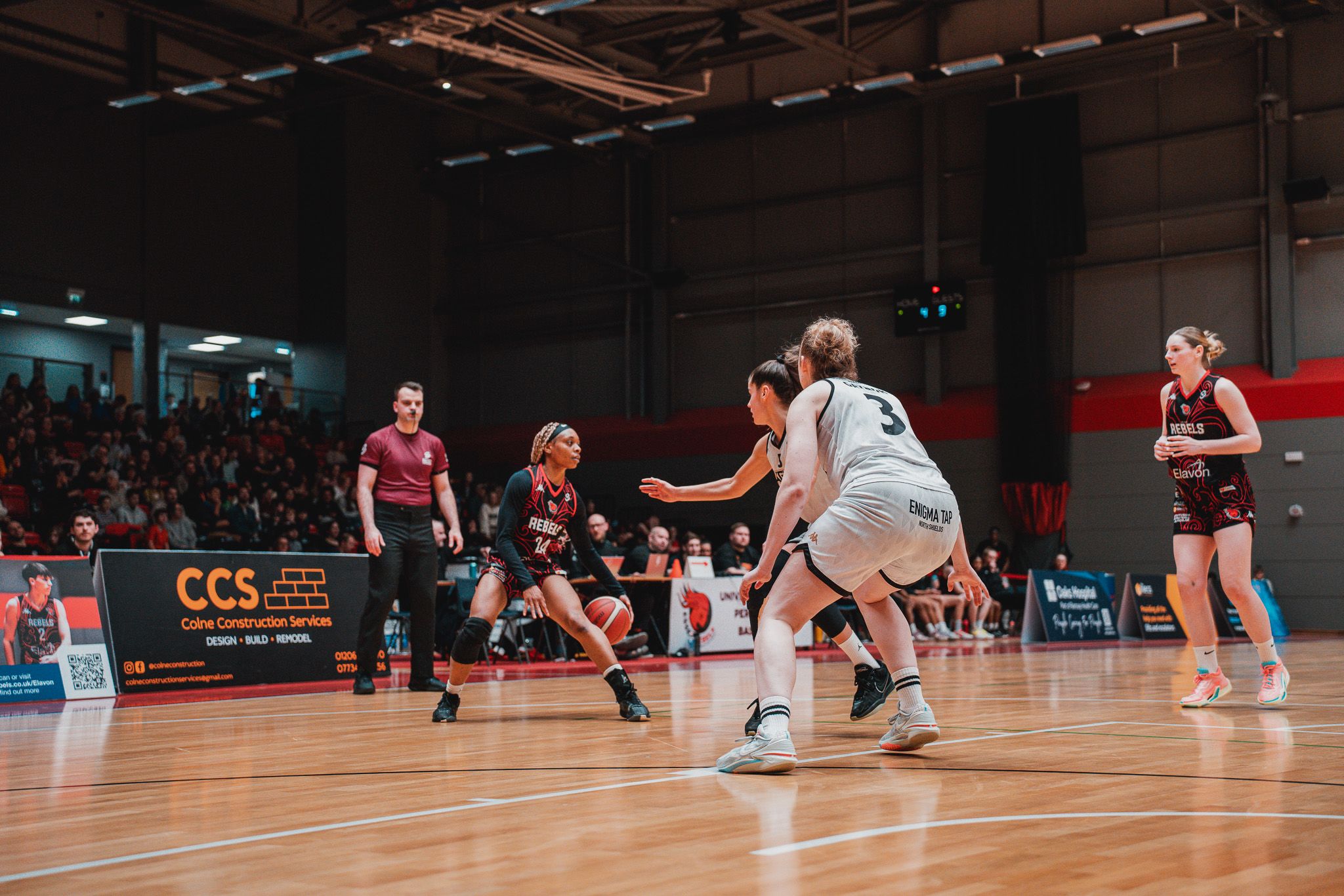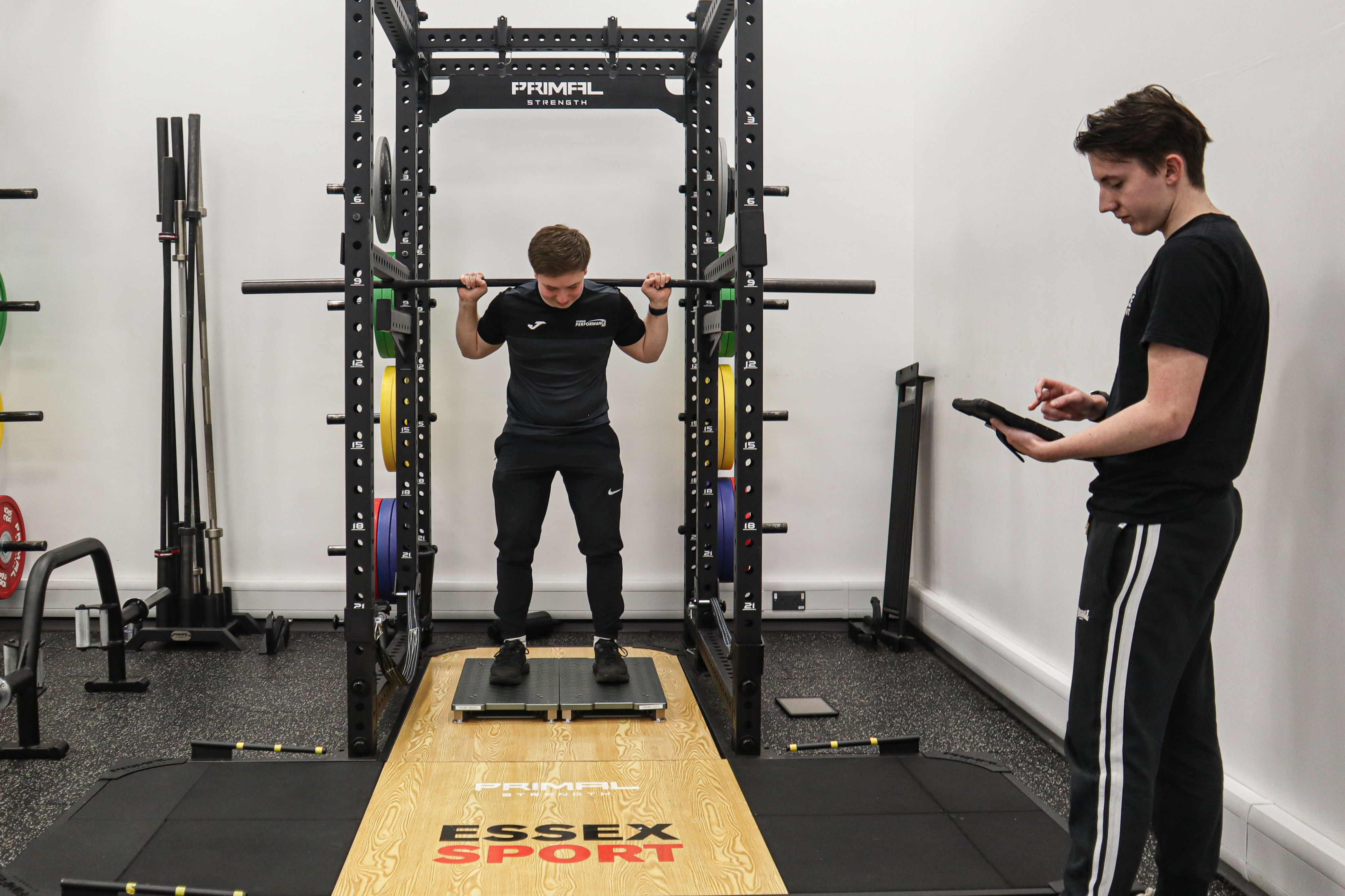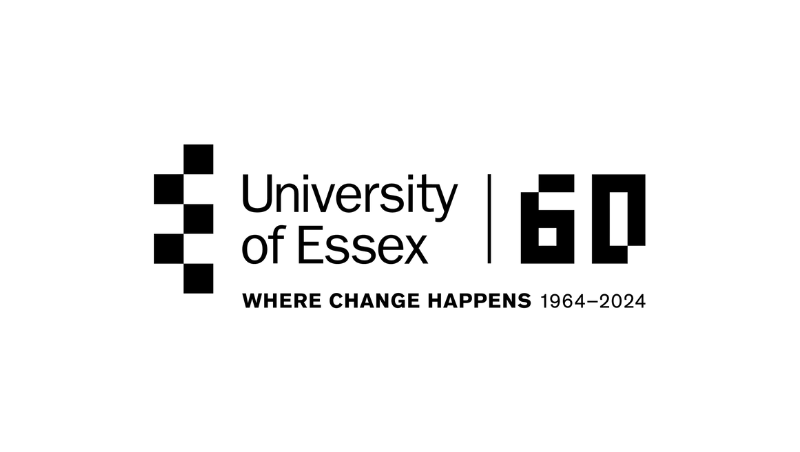Our competitive edge
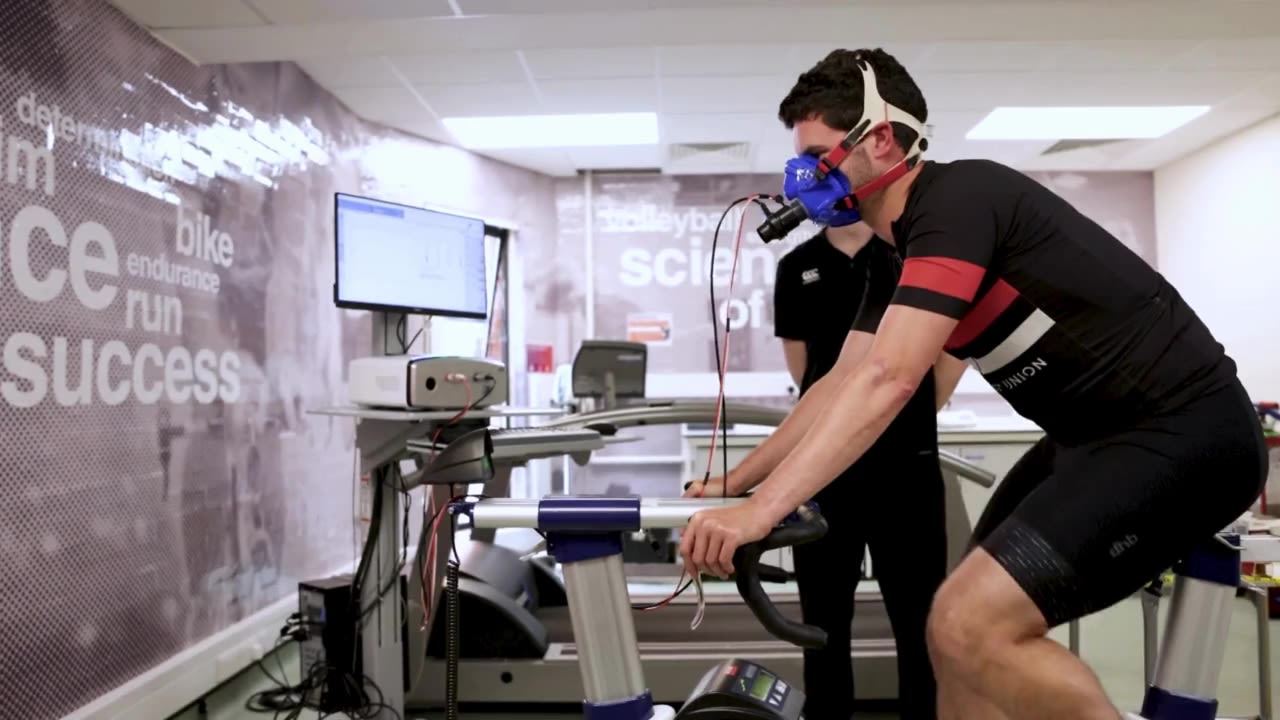
The difference between failure and success is a fine line – especially in the world of elite sport.
Here at Essex our world-leading experts are at the forefront of the fast-changing world of sport science.
Partnering with top professional teams, governing bodies, and athletes our research has raised the standards and made a real difference to how we all train, play and win.
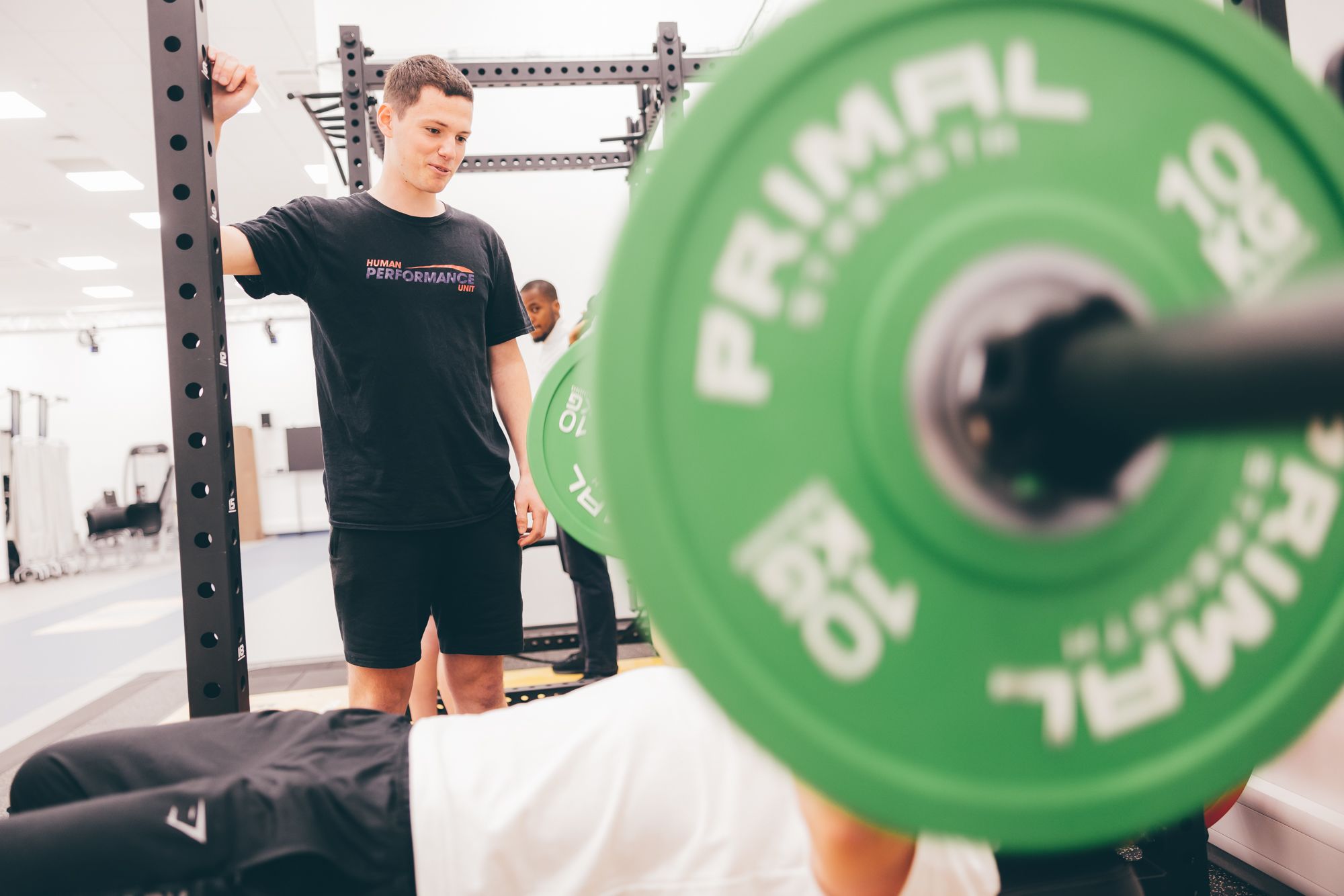
The University is dedicated to pushing boundaries, making real change happen and developing the Eastern region’s number one sporting institution. Our dedicated academics, technicians and students within the School of Sport, Rehabilitation, and Exercise Sciences (SRES) are at the forefront of this effort.
Their research and expertise is driving the national conversation by working with influential partners like Tottenham Hotspur, the England and Wales Cricket Board, and the Royal Ballet School.
Head of School Professor Nelson Cortes said: "The University of Essex and SRES are at the forefront of sports science and are leading the way in partnering with the nation's biggest sports teams and governing bodies.
"Our lecturers pass on this invaluable expertise to our students, which often inspires new and interesting developments.
"Outside their lectures, students have the opportunity to gain vital hands-on skills and launch their careers with incredible placements in elite sport."
This dedication to excellence and cutting-edge research has led to the development of the state-of-the-art Human Performance Unit (HPU) on our Colchester Campus.
Within its walls top athletes, professional footballers and elite cyclists work to gain the professional edge.
Importantly our students also get to kickstart their careers in sport science by getting first hand experience of working with the nation’s top sportspeople - working with top teams like the Tofauti Everyone Active cycling team, Colchester United and the Essex Rebels.
Just last year they conducted 95 tests with local amateur and elite athletes, had 22 fitness testing sessions with sports teams and hosted 72 school visits with 1,264 students.
By the end of the 2023-24 academic year the HPU will have hosted more than 6,000 placement hours for SRES students in just one year.
Tofauti Everyone Active being tested
Tofauti Everyone Active being tested
“By helping athletes find that competitive edge, we are also giving our students the advantage they need to launch their careers.”
Dr Kelly Murray
Manager of the HPU
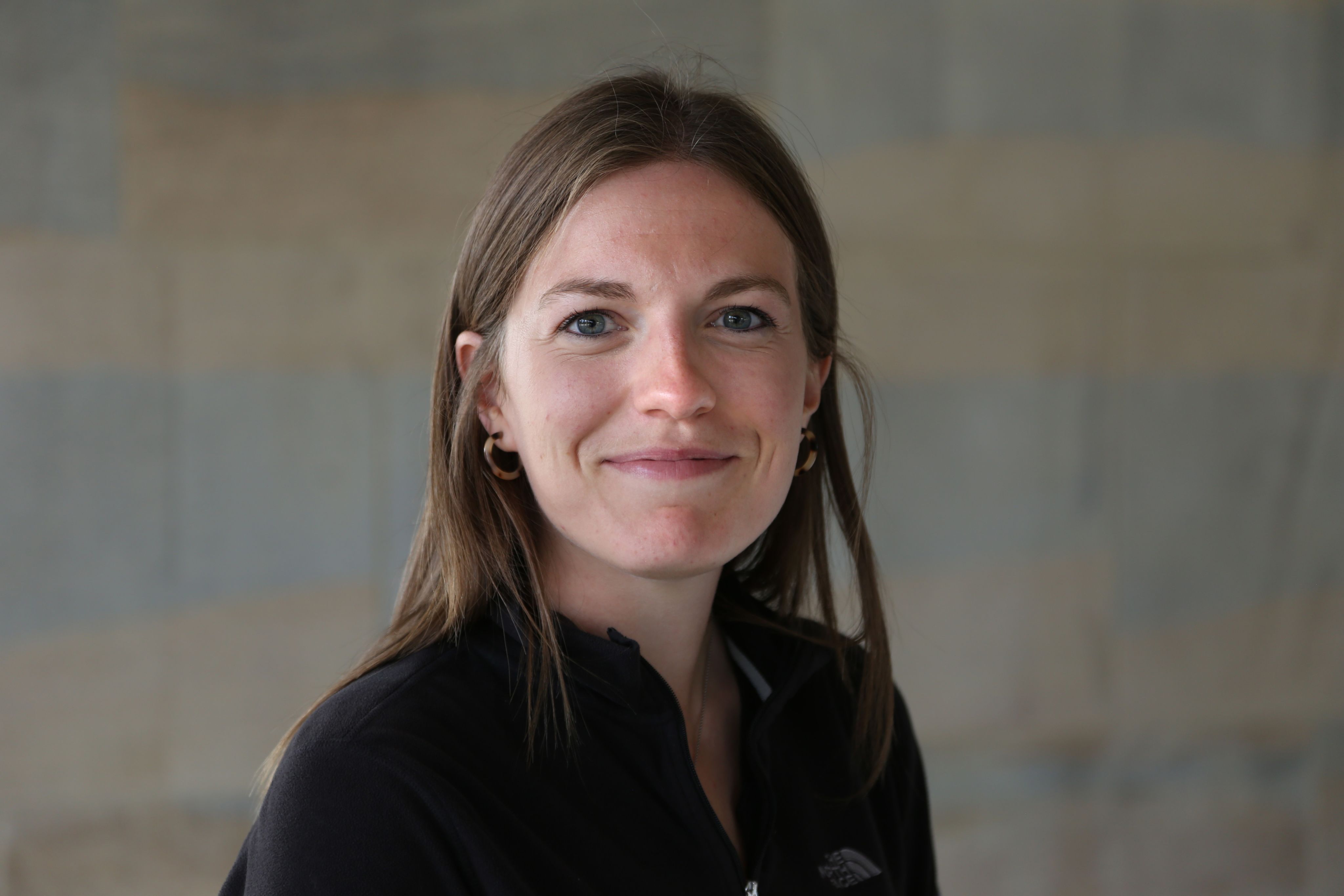

Tackling The Issues
Some of our research that is making a difference
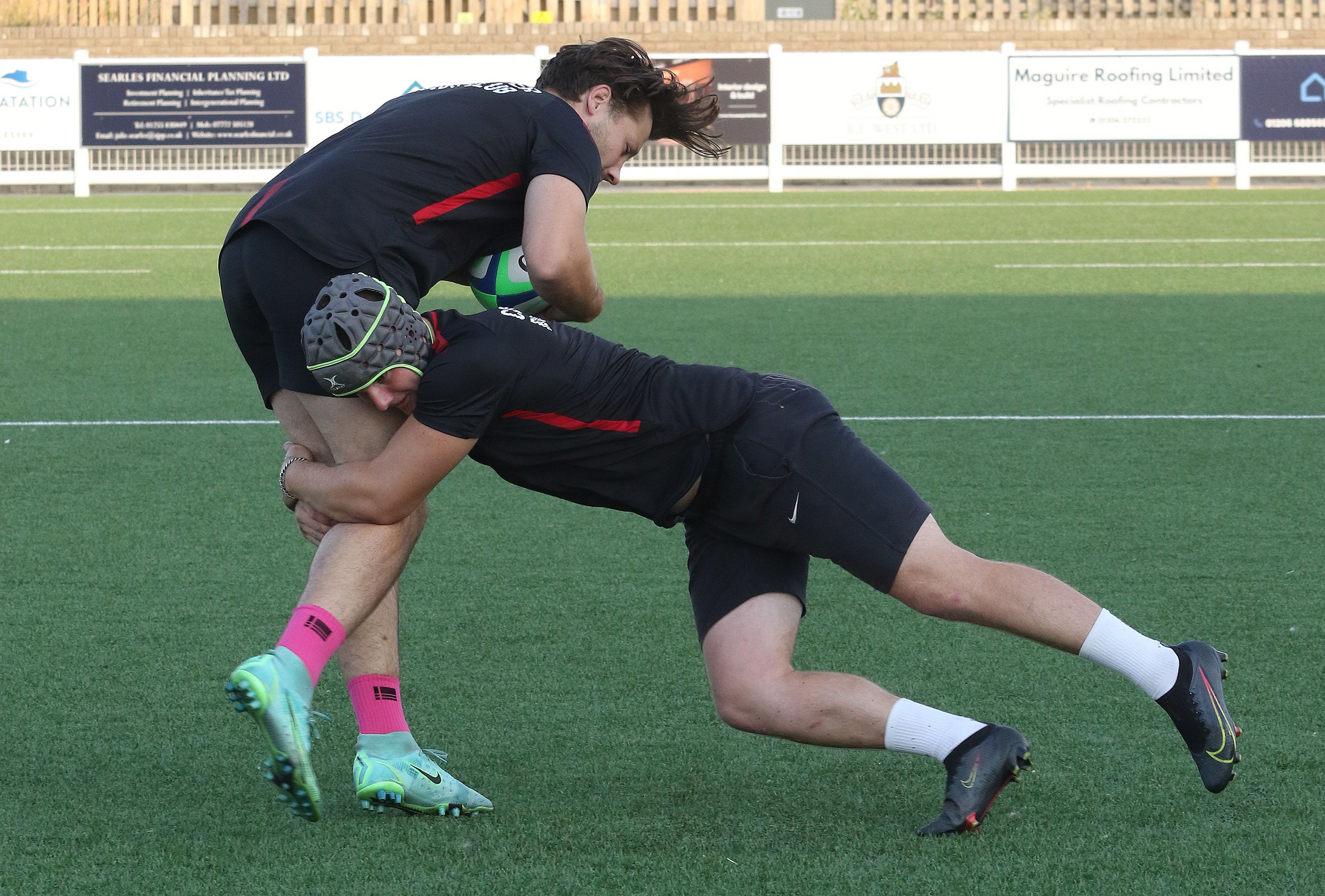
Learning how England won the World Cup
Researchers led by Dr Jamie Tallent were granted unprecedented access by the England and Wales Cricket Board (ECB) to explore how the England Men’s physical profile changed from 2014-2020.
This period covered the build-up to the 2019 ICC Men’s World Cup triumph, which saw the side beat New Zealand in a gruelling seven-hour match that ended in a dramatic Super Over at Lord’s.
The paper was published in the International Journal of Sports Science & Coaching as the team prepared for a tough test series against India.
Using data from 52 senior players - who all took part in at least one Test, One-Day or Twenty20 internationally sanctioned match, their physique, power and speed were monitored across a seven-year period.
Amongst the discoveries was a drop in body fat - but despite the decline in body fat, body mass did not fall, as it is believed players had developed more lean muscle.
By monitoring the skin-fold thickness, the research found players have 18 per cent less body fat than at the start of the study.
The study also found fitness levels had substantially increased.
In a yo-yo test which measures cardiovascular capability, the distance the players were able to run increased by 19 per cent.
As part of the study Dr Tallent, from SRES, also looked at strength capacity tests.
There was an increase in pull strength capacity that was targeted by the physical performance and medical teams across this time period.
It also emerged that the push-to-pull strength of international cricketers is more balanced, which may help to reduce injury risk.
“It’s been a pleasure to have Dr Tallent and his colleagues assist the ECB with this project.
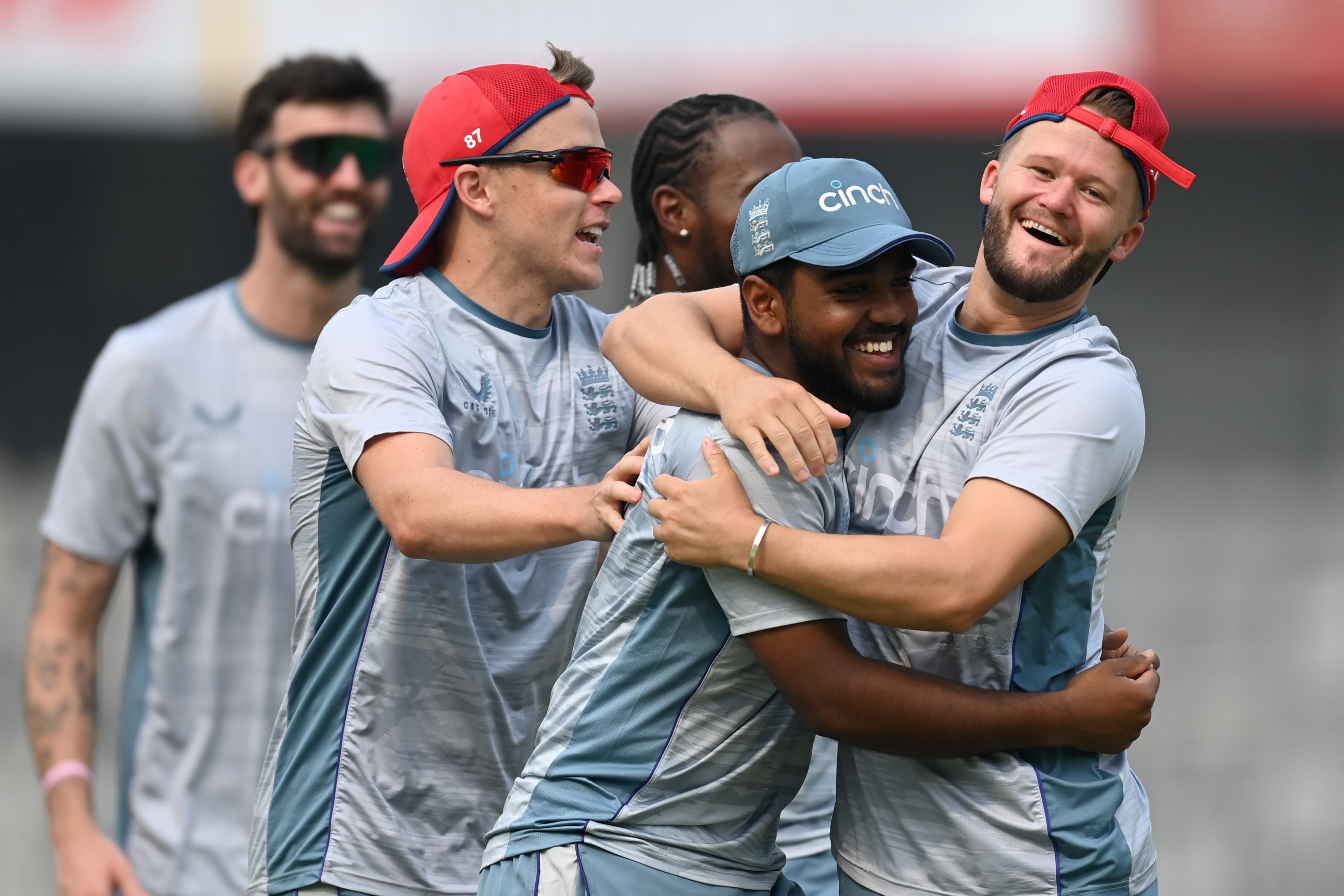
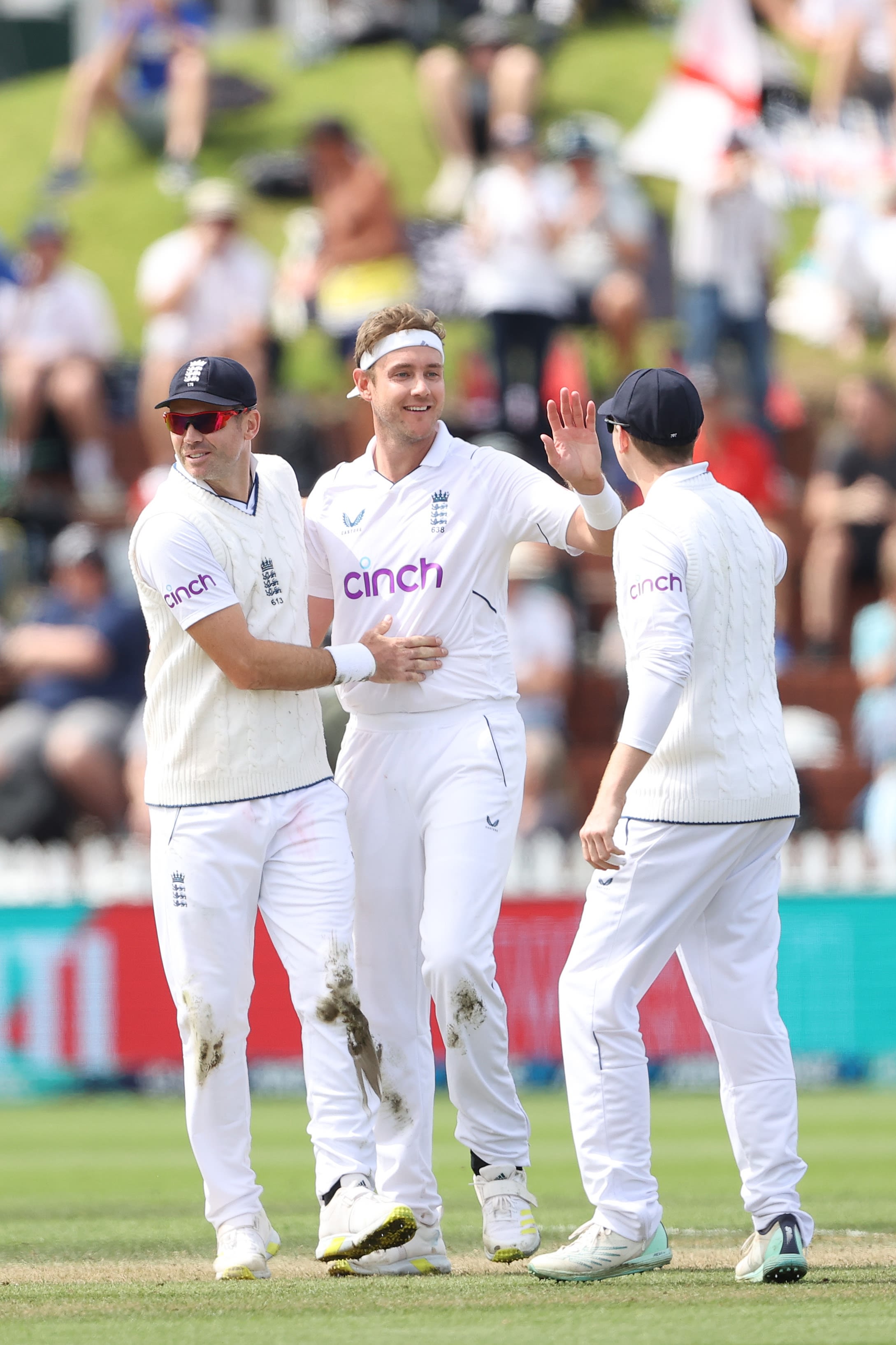
Making sure dance training is 'On Pointe'
Scientists joined with the prestigious Royal Ballet School to unlock further advances in performance science and train the dance stars of the future.
Researchers from the University of Essex will study the school’s young elite dancers, aged 16-20, to help the world-leading centre prepare them for the globe’s most revered stages.
The Royal Ballet School specialises in classical ballet which is known for its rigorous technique, flowing and precise movements, and dream-like performances – which require extreme physical fitness.
It is hoped the study will discover how elite sports techniques like targeted weight training can be used to improve dancers’ strength to “reduce the risk of injuries while improving performance”.
The research will complement the school’s cutting-edge healthcare team that works to understand and optimise dancer development and training.
An innovative series of studies from SRES is led by one of the ballet school’s strength and conditioning coaches, Jamie Harding, who is working with the University to complete his PhD.
Jamie said: “Ballet is unique in that it is an aesthetic art and a high-performance sport – with exacting competing demands.
“Dancers perform feats that are unimaginable to mere mortals and our research will make sure their bodies are up to the gruelling demands
“The world of ballet training is changing and I’m excited to help develop sports science in this elite world.
“Through this research, we’ll help The Royal Ballet School optimise training techniques to ensure their students can maximise their undeniable potential.”
Watch an in-depth dive into the project below
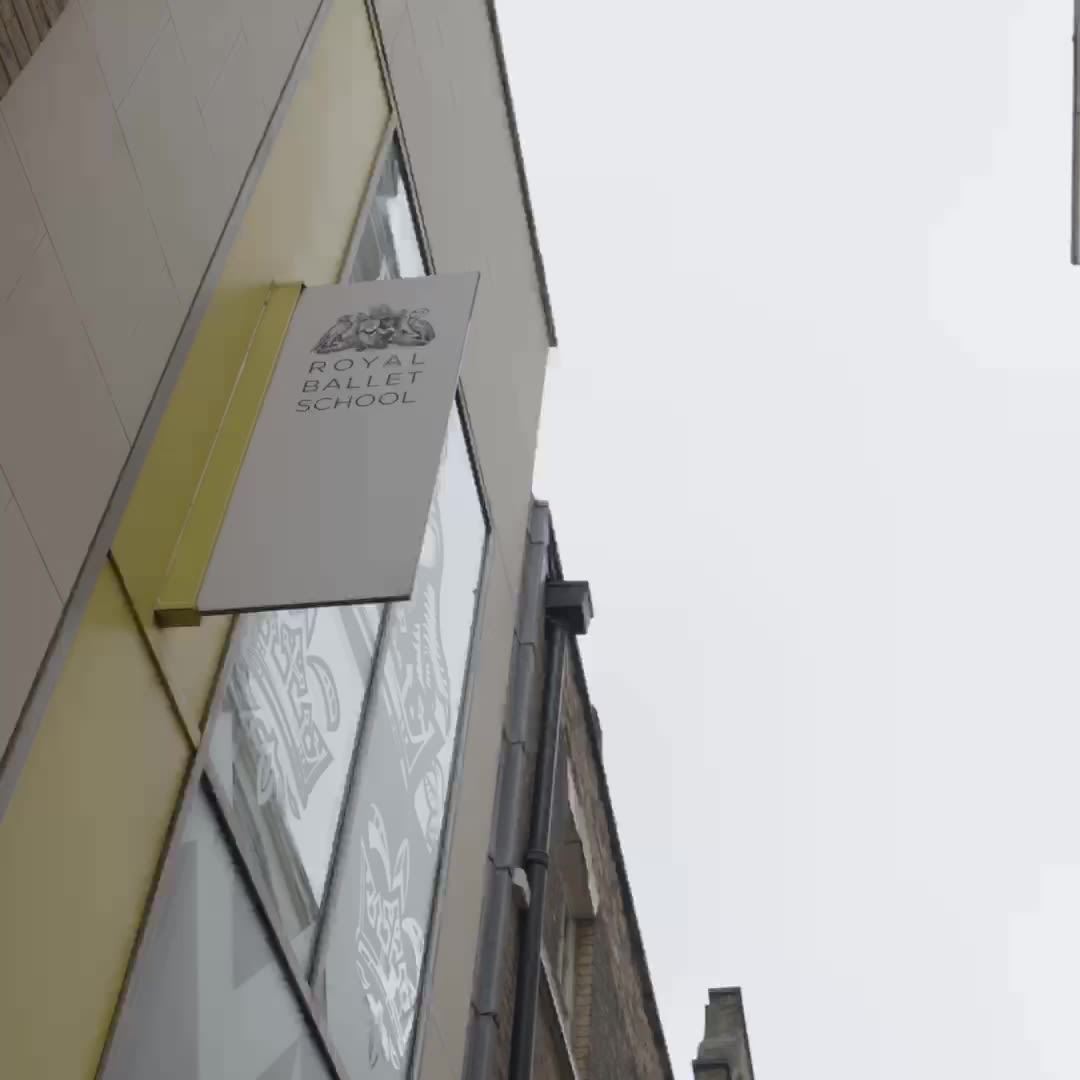
Creating jet-powered strikers
Sprinting “like a jet plane taking off” will help to produce the Premier League strikers of tomorrow, Essex researchers have revealed.
A study of Tottenham Hotspur’s academy has shown that just a few words can instantly boost sprinting speed by three per cent over 20 metres.
It would normally take weeks of targeted training to achieve such a large increase.
These short bursts of acceleration are largely seen in goal-scoring situations and could be the difference in beating a defender and finding the net.
Dr Jason Moran, from SRES, discovered simple analogies increased performance in this key area.
The study showed elite young players ran faster when focusing on their environment rather than their body.
“The words we speak to athletes have a demonstrable and instant effect on their performance.
The research used 20 members of the North London side’s academy, all between 14-15-years-old.
Before taking part in sprint drills the promising players were given different directions before running.
External analogies telling them to “push the ground away’ achieved better results than “driving their legs into the ground”.
And top performances were encouraged by players being urged to “sprint as if you are a jet taking off into the sky ahead”.
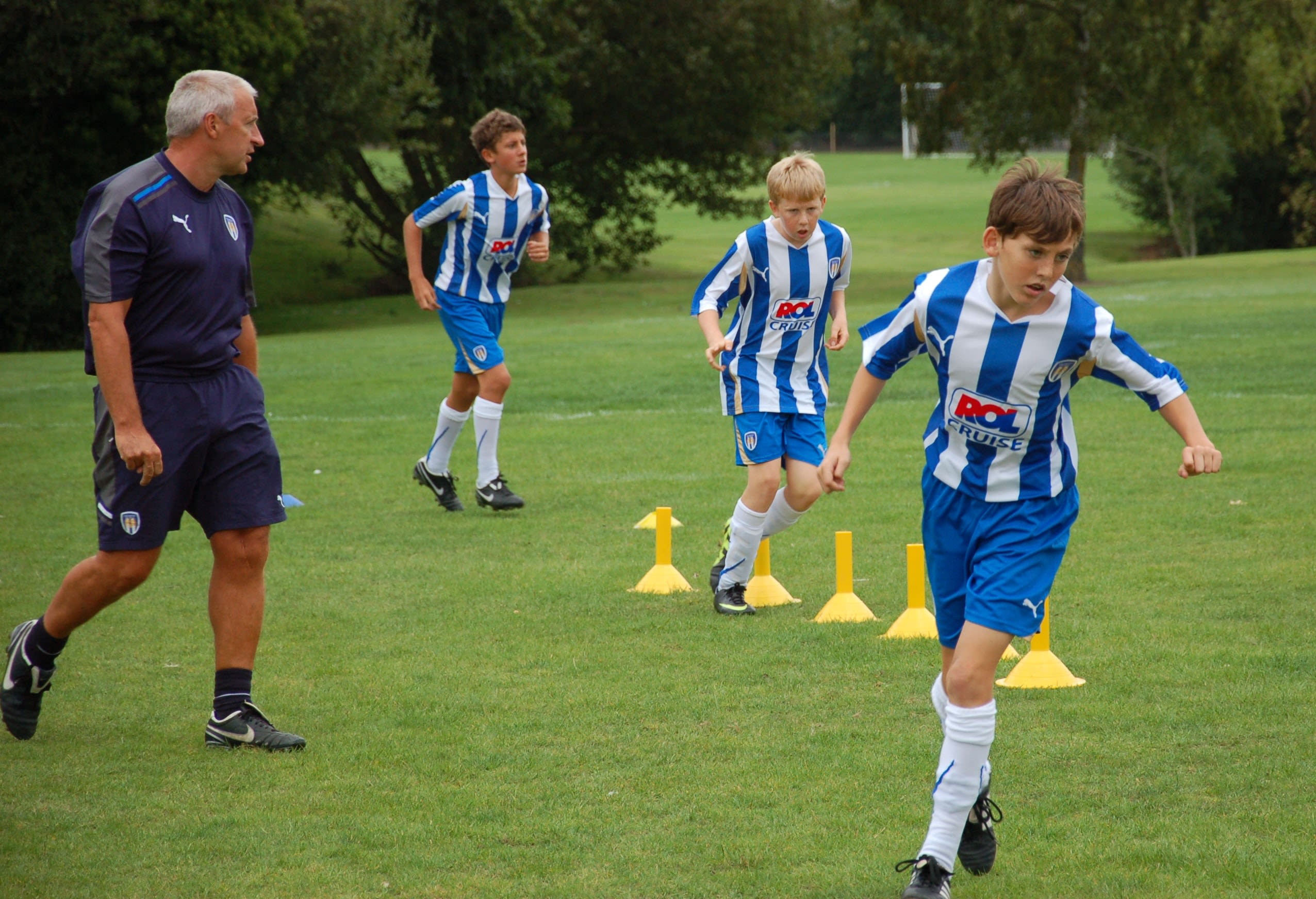
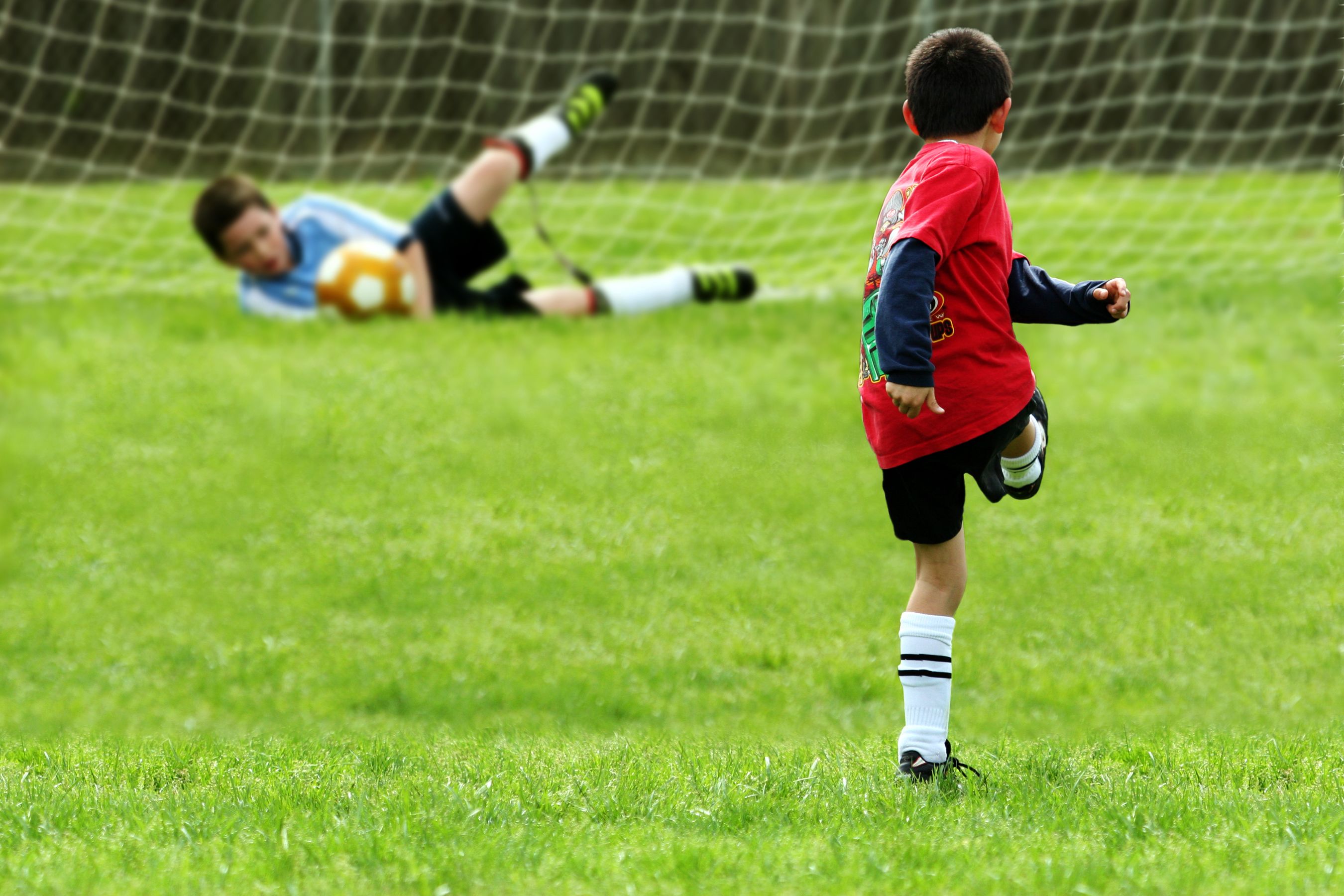
Find out more
Investigate research and courses at our School of Sport, Rehabilitation and Exercise Sciences.
Find out more about how the Human Performance Unit tests athletes and develops their competitive edge.
Sixty Stories
We’re celebrating 60 years of making change happen. 60 years of boldness and bravery from our students past and present. 60 years of creating change.

